A higher-than-average starting salary, stable job market and opportunities for growth, lead many to pursue a career as an electrician. It is an ever-changing and evolving field that takes a lot of commitment, which is why it’s important to understand the different paths to get there in order to land your first entry-level electrician job.
Training and Education
The quality of a trainer and the quality of the training are crucial for the development of an entry-level electrician. That’s why getting formal or informal training is vital. Education is the foundation of your career and a recurring element in your journey until the day you retire.
The Path to Apprenticeship
There is a three-way agreement between the employer, the government (apprenticeship) and the apprentice. The apprentice agrees to participate in an accredited training program and earns an increasing percentage of the Journeyman rate as he/she moves up the levels.
- Level 1– 50% No hours or school
- Level 2– 60% 2000 hours passed 1st level
- Level 3– 70% 4000 hours passed 2nd level
- Level 4– 80% 6000 hours passed 3rd level
- Level 5– 90% Waiting for hours to write Journeyman certificate
- Journeyman 100% 8000 hours passed Journeyman
A typical agreement has 7000 on-the-job hours and an additional 1000 hours broken down into four levels, with 250 hours per level of in-class theory. Apprentices’ tasks start off by getting oriented to the projects by organizing materials and housekeeping. Once safe work habits are established, they move into bending conduit and installing raceways. Their main responsibility is to work under a Journeyman electrician’s supervision. This requires complete attention and focus in following precise directions from a Journeyman or master electrician.
The best path for an apprentice is to commit to accepting and following orders to the best of their ability. By doing this, an apprentice learns while earning the trust of their mentors, which paves the way for the next several years of training and development.
Apprenticeship Challenges
- Fast-paced environment– It’s impossible to predict the speed of a construction site. The fast pace of electrical work can surprise those who are not prepared, and create a sense of urgency and pressure that can lead to mistakes or even cause an injury.
- Demands accuracy– Efficiency is of the utmost importance. The apprentice will need to learn to do one’s job correctly and accurately, according to the instructed plan, and without errors.
- Potentially dangerous– Unlike most jobs, electricians and apprentices are regularly working around electrical hazards that can cause injury and even death.
The Road to Journeyman Status
Apprenticeships are typical paths for writing the Journeyman exam, though it can be challenged with proof of practical hours working in the electrical industry. The exam is a 4-hour, 100 multiple choice question test. It can only be taken after completion of the specified apprenticeship agreement (8000 hours) and a completed apprenticeship book (blue book). The exam itself is made up of:
- 60% NEC
- 20% Theory
- 20% Practical
Once “electrician” status is achieved, there are countless specialized career paths within the electrical industry such as:
- Residential
- Commercial
- Industrial
- Institutional
- Education
- Project management/Supervisor
- Contractor
- Electrical safety officer
- Electrical inspector
Continuing Education
As a Journeyman, no matter which path is chosen or what sector of the electrical industry you work in, continuing education (upgrading) is required at minimum every three years. It can range from 32 hours to 48 hours, depending on the state.
The best and most successful electricians in the industry understand that they will always be students of the trade at all levels of their career, including when the time comes for them to pass the knowledge to the next generation of apprentices.
This is the circle of life for an electrician — giving back all that you have received. This sacred treasure chest of knowledge, guidance and experiences can only be earned, which is what makes it so valuable. Passing on the treasure chest not only keeps the industry moving and flowing, but also makes your career as an electrician prestigious, satisfying and fulfilling.
All journeys start with a first step. With a range of beginner electrical courses, Interplay Learning’s SkillMill courses can get you started anytime, anywhere.
Chad Soucy
Interplay Learning Electrical Expert
Chad is Interplay’s electrical expert and is a Master Electrician. Chad has progressed as an electrical professional throughout his career, with early beginnings in rewiring/wiring homes to QA/Commissioning plants, honing his skills in all aspects of the electrical trade along the way. He transitioned his career through Residential, Commercial and Industrial sites, and in 2012, further expanded on his mission to lifelong learning in becoming an electrical instructor. He continued on this path as an online course developer and is steadfastly committed to electrical safety and sound adult learning theories.










